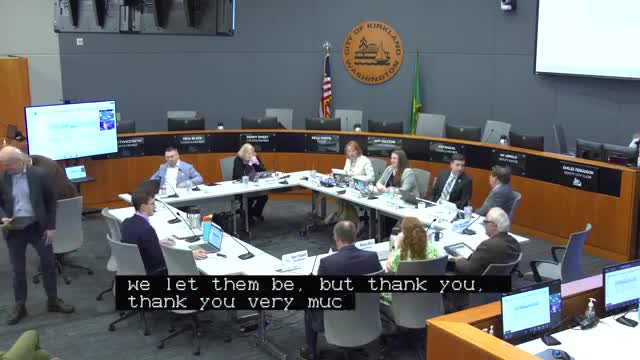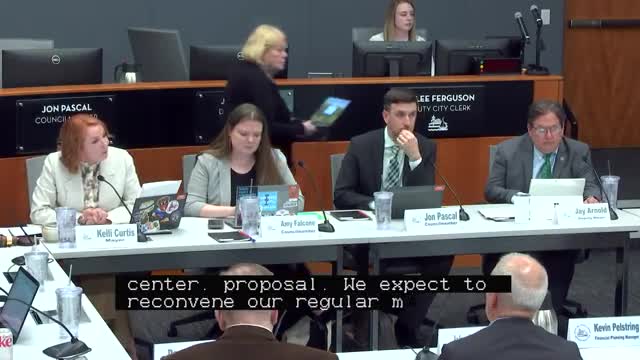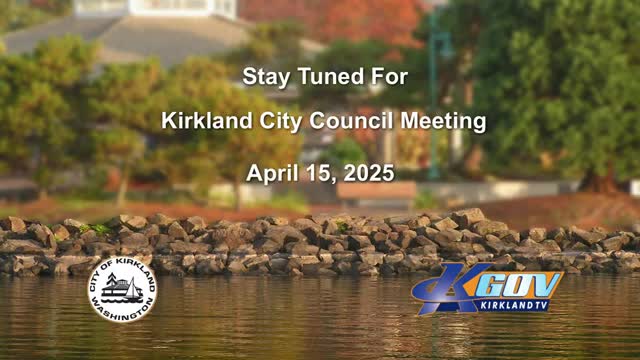Article not found
This article is no longer available. But don't worry—we've gathered other articles that discuss the same topic.

Seattle Kraken team and Generator Studio submit RFQ response for Kirkland IcePlex; city reviewing public‑private proposal

Kirkland reviews preliminary transportation impact fee study; consultants propose square‑foot scaling for housing

